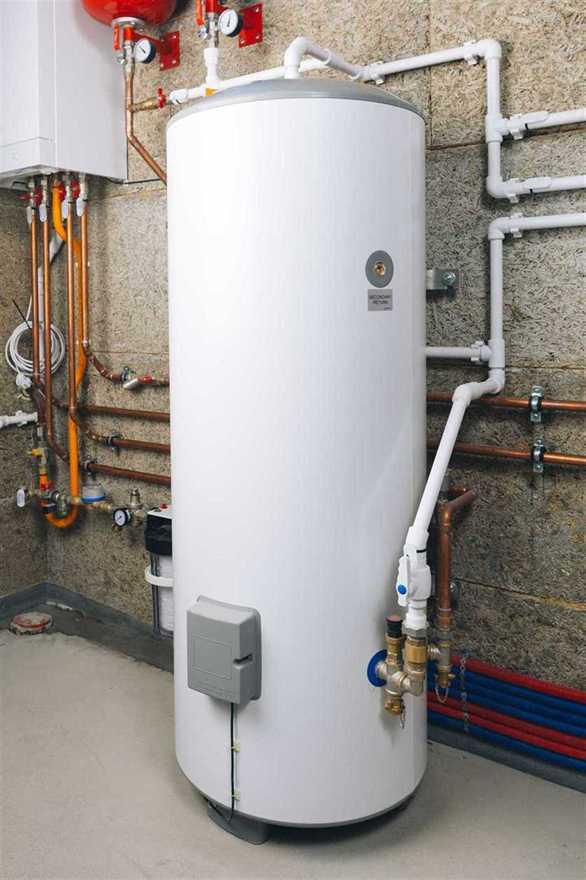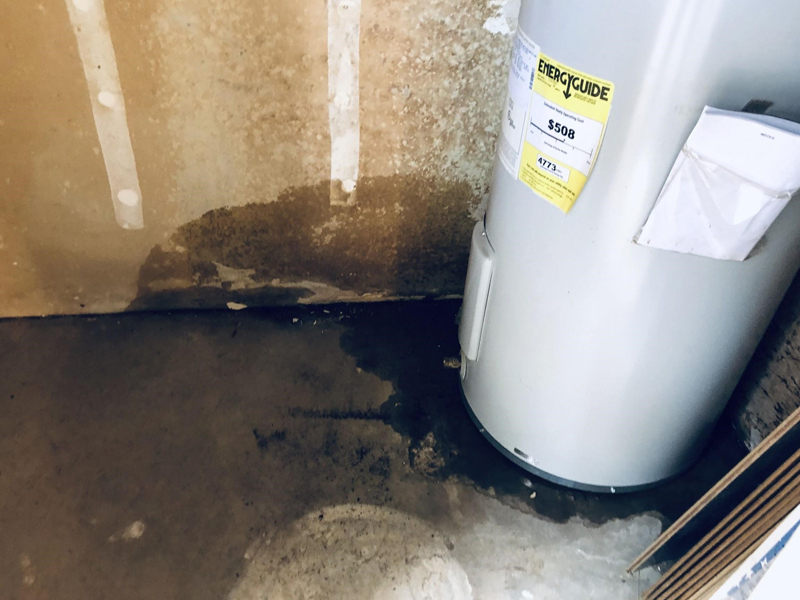The author is making a few good pointers regarding Broken Water Heaters in general in the article directly below.

Whether it is situated in the cellar or a separate room, busted water heating systems can trigger tension. Having no warm water supply is also problematic.
Call the Plumber
After doing the initial two safety and security actions, you should call your plumber to come right away to deal with a burst water heating system. There are generally indications that your aging water heating system has debris build-up in the inside.
Instead, as soon as you find these signs, have a professional come to inspect your water heater container. Commonly, water heating systems have a life-span of regarding 8 to 12 years.
Cut Off the Cold Water Supply
Cut off the storage tanks tap water supply from the source. When your storage tank is in great condition, the cold water stops filling up when the tank is full. If you can not locate it or reach it, you have to transform off that primary water supply line outside your building.
Shut Down Power Source
Before calling the plumber, shut down a gas hot water heater by transforming the temperature dial. This is usually situated on top of the thermostat. If you have a version that runs on electrical power, switch off the circuit breaker. This will certainly avoid electrocution, especially if there is a leakage as water is a conductor. Usually, the burner shuts down when the water hits a certain temperature. Yet with a broken tank, it may malfunction. Cutting it off assures you stay risk-free.
Clean Up Residential property
After calling the plumber, record damage by taking notes and images so you can claim your homeowner's insurance policy. Eliminate any kind of standing water to avoid mold and mildew and mold development. If you have a submersible water pump, make use of that to drain the water.
Bear in mind, if you notice any type of concerns with your hot water heater, call the pros as soon as possible. You can not take this problem lightly because a damaged thermostat can raise water temp to a precariously high degree, resulting in unexpected burns. A broken heating system pressure relief valve can also cause a surge. For ideal outcomes, get an annual check so your device obtains evaluated, cleaned, drained, and also filled up, guaranteeing optimal performance.
After doing the first 2 security actions, you should call your plumber to come right away to take care of a fractured water heating unit. Rather, as soon as you detect these signs, have actually a specialist come to inspect your water heating system storage tank. Prior to calling the plumber, shut off a gas water heating system by turning the temperature level dial. If you have a completely submersible water pump, make use of that to drain pipes the water. Bear in mind, if you see any type of problems with your water heating system, call the pros right away.
Is My Water Heater Broken?
The Water Heater is Old
No appliance will last forever. This includes a home’s water heater. During its lifespan, residents are going to face a situation where a new water heater installation will be necessary. The biggest problem with this is that most people are not sure when their water heater expires. Not knowing this can lead to serious risks if the unit begins to act up due to old age.
Most makes and models of water heaters will last between eight and 10 years. While 10 years is the age when water heater replacement is highly recommended, the need to replace the unit may occur before this time or after. If the unit doesn’t show any symptoms of a problem, it is a good idea to replace it at the 10-year mark (from the manufacture date).
Some of the symptoms that indicate a new unit is needed include rusting, leaks, noises, and a failure to heat up the water. Also, note that not all units have a 10-year life expectancy. The main exception to this rule is that a gas unit will last for six to eight years.
Rusty Heater Inlet Valve or Water
While steel is the strongest material on earth, it does have a weakness – rust. If corrosion occurs on a steel surface, it will begin to spread and eat through the steel in certain areas. On water tanks and pipes that are made of steel, rust is a warning sign of an impending leak.
The issue for many is trying to figure out if the rust is coming from the water heater or the pipes that lead to the faucet. If rust is seen, it is a clear indication that water heater service from the professionals is needed.
If rusty water appears out of the faucets in the bathtub or sink, it likely means a rusty water heater. If there is rust near the water inlet or the pressure relief valve, rust has likely developed inside the tank. If tap water appears rusty, it may be an issue with the pipes.
Strange Sounds from the Water Heater
Are there strange sounds coming from the tank? As a water heater gets older, rumbling noises may develop and get louder and louder as the water in the tank heats up. In homes where large amounts of hot water are used, the issue is likely going to be even more obvious when more serious issues arise. If there is a strange or loud noise coming from the unit, it is probably because of sediment buildup. A good way to remedy this problem is by flushing the heater. If this does not work, then a new unit may need to be installed.
Leaks
As a water heater gets closer to the end of its useful life, there is a higher chance there will be water around the tank. If there is water, this usually means leaks are occurring. Based on where the unit is located in the home, a leak may result in serious property damage.
Leaks are usually caused by expansions in the metal tank. The expansions occur as time passes and as the inside body of the tank is exposed to multiple heating cycles per day. When a fracture forms, the gap will be slight enough to hold the water in; however, in more serious situations, this will not be the case. If the tank is idle, the water will not leak but when the metal expands during each heating system, small amounts of water will get through the gap.

Do you really like more info about What Do You Do When Your Water Heater Bursts?? Leave feedback down the page. We'd be pleased to know your opinions about this blog entry. We hope to see you back again soon. Are you aware of anybody else who is sincerely interested in the topic? Do not hesitate to promote it. I recognize the value of reading our article about What Do You Do When Your Water Heater Bursts?.
Hot water issue? Call!